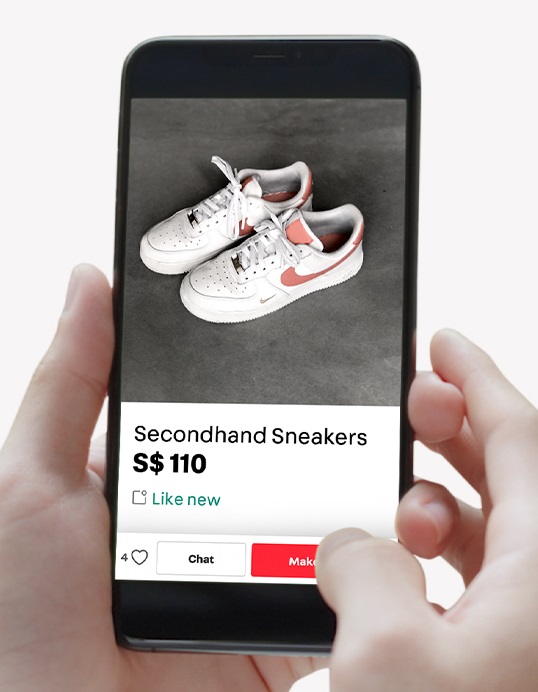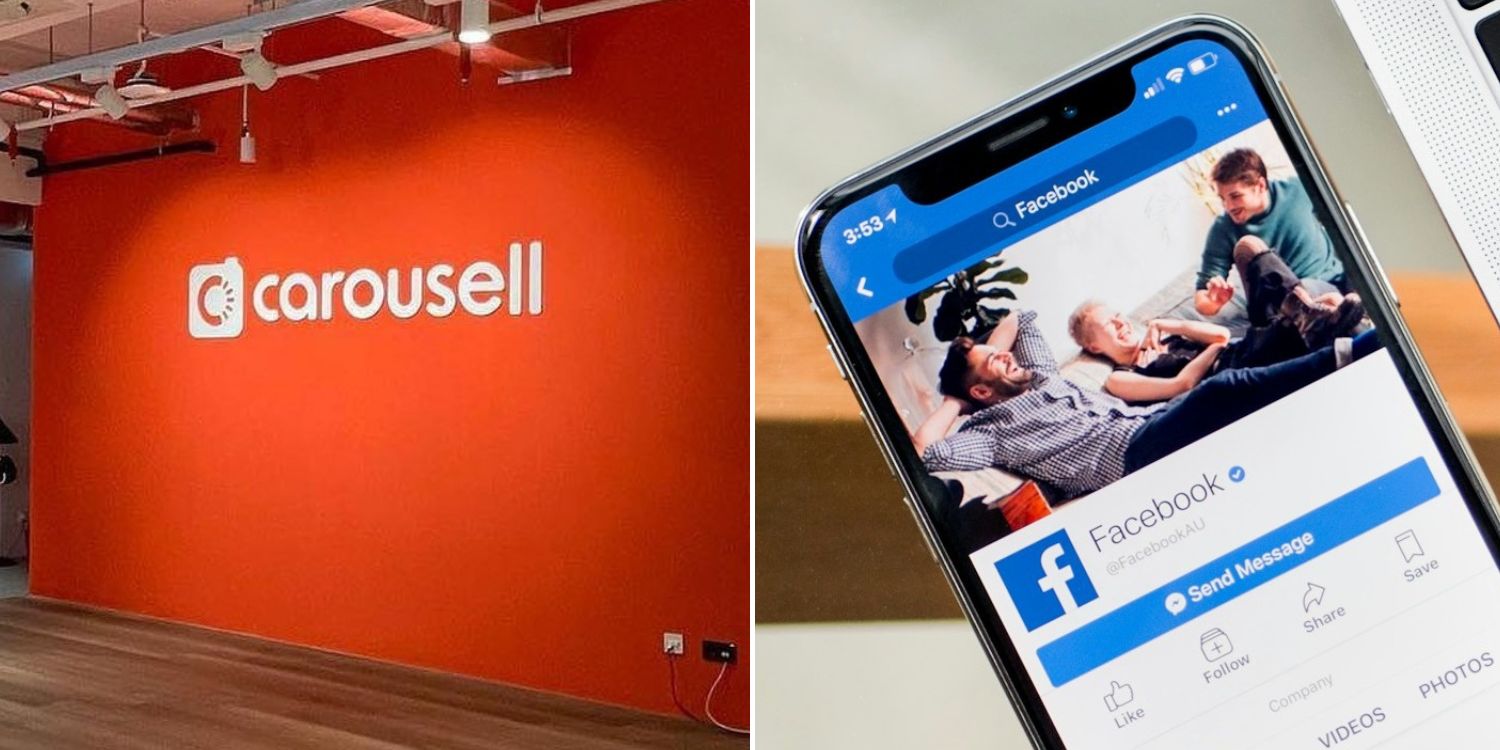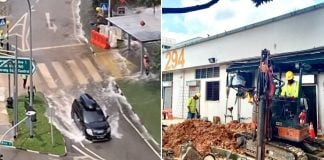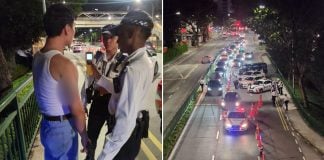MHA will assess Carousell & Facebook’s measures to verify risky sellers over 2nd half of 2024
Over the second half of this year, popular online marketplaces on Carousell and Facebook must identify “risky sellers” on their platforms.
These measures will be assessed by the Ministry of Home Affairs (MHA) during this period.
If the number of e-commerce scams reported on these websites doesn’t go down significantly, they will be required to verify all their sellers from 2025.
MHA outlines new codes of practice to counter online scams
In a press release on Friday (21 June), MHA outlined new codes of practice to counter online scams and malicious cyber activities.
These provisions were introduced by the Online Criminal Harms Act (OCHA), which was passed by Parliament on 5 July 2023.

Source: Christin Hume on Unsplash. Photo for illustration purposes only.
One of the provisions is the Code of Practice for E-Commerce Services, which will take effect next Wednesday (26 June).
Code will apply to highest-risk e-commerce activities
The code will apply to the following online services that facilitate e-commerce activities:
- Carousell
- Facebook Marketplace
- Facebook Advertisements
- Facebook Pages
These services “pose the highest risks of e-commerce scams among other services in Singapore”, MHA said.
The code will require the services to verify sellers, or potential sellers, against Government-issued records.
They must also provide optional payment protection mechanisms for buyers — a system where the buyer can verify the delivery of goods or services before payment is released to the seller.

Source: Carousell on Facebook. Photo for illustration purposes only.
Carousell & Facebook must identify risky sellers over six months
Among the two, MHA prioritises the user verification requirement as it’s “the most critical to curb scams”.
Thus, Carousell and Facebook Marketplace will be allowed to apply user verification to “risky sellers” for a start, while Facebook Advertisements does the same for “risky advertisers”.
Carousell and Facebook Advertisements will be assessed for the effectiveness of their measures for six months from 1 July to 31 Dec, while Facebook Marketplace will be assessed from 1 June to 30 Nov.
If the number of scams reported from these platforms fails to go down during these periods, they will be required to verify the identity of all their sellers/advertisers.
This will have to be done by March 2025 for Facebook Marketplace, and April 2025 for Carousell and Facebook Advertisements.

Source: Erik Mclean on Unsplash. Photo for illustration purposes only.
As for the payment protection mechanisms requirement, it will be waived for now for Carousell and Facebook to prioritise the user verification requirement.
Facebook Pages will also not have to implement any measures for now, so Facebook can concentrate on working on the user verification for Facebook Marketplace and Facebook Advertisements.
Online Communication Code will apply to messaging platforms
The other provision that will take effect on 26 June is the Code of Practice for Online Communication Services.
It will apply to messaging platforms, namely:
- Telegram
These services “present the highest risk of scams to Singapore users”, MHA said.

Source: Asterfolio on Unsplash. Photo for illustration purposes only.
Under the Online Communication Code, these messaging platforms must:
- proactively take action against suspected scams and malicious activities with a “fast-track channel” that receives and acts upon reports from the authorities
- roll out reasonable verification measures to stop inauthentic accounts or bots from being created and used for scams, and require users to have strong login credentials
- submit an annual report on the implementation of the abovementioned systems, processes and measures
These requirements will also apply to Carousell and Facebook Marketplace, Advertisements and Pages under the previous code.
For all the online services named, these requirements must be complied with by 31 Dec.
Non-complying services may be blocked, removed or restricted
Failure to comply with the OCHA is an offence.
According to the Singapore Police Force (SPF), online services that fail to comply may receive an Access Blocking Order, App Removal Order, or Service Restriction Order to restrict access to the service or part of it.
The OCHA enables the authorities to deal more effectively with online activities that are criminal in nature and better protect the Singapore public from online harms.
Also read: Carouseller Scammed Of S$9,900 After Listing LV Bag, Buyer Led Her To Fake In-App Payment Page
Carouseller Scammed Of S$9,900 After Listing LV Bag, Buyer Led Her To Fake In-App Payment Page
Have news you must share? Get in touch with us via email at news@mustsharenews.com.
Featured image adapted from Carousell on Facebook and Erik Mclean on Unsplash. Photos for illustration purposes only.






